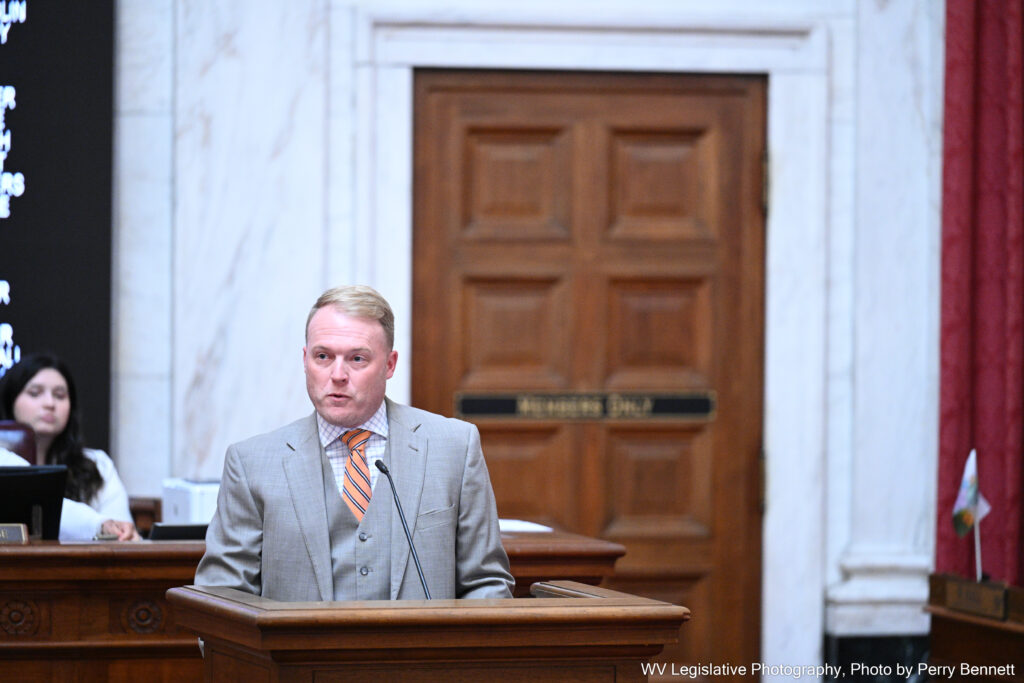West Virginia has received $340 million of its current total settlement amount of $867 million from lawsuits against opioid makers and distributors.
The legislature created the West Virginia First Foundation to distribute those settlement funds in the 2023 regular session. Senate Bill 674 legally recognizes the creation of the foundation which was signed into law on March 11.
The foundation will handle 72.5 percent of the state’s settlement funds, while 24.5 percent will go to local governments. The remaining three percent will be held by the state in escrow to cover any outstanding attorney’s fees.
Steven Travis, general counsel, Office of the West Virginia Attorney General testified before the Joint Standing Committee on Health during the first interim session of the year.
“With the passage of Senate Bill 674 and it being signed into law, the next steps for our office is continuing to work in conjunction with the representatives of the local governments to draft and finalize the articles of incorporation, which is the legal document that will create the foundation, Travis said. “I am happy to report that those drafts are in, we believe, near-final form.”
“That money is currently being held in a series of qualified settlement fund accounts, which are fully protected guaranteed accounts such that, at an appropriate time that money can be distributed to the local governments as well as the foundation,” Travis said.
Once the articles of incorporation are finalized, an executive director and board members will be chosen.
The foundation will include eleven board members. The governor will appoint five, and six will be selected by local governments across designated regions. Each board member will serve a three year term.
Del. Mike Pushkin, D-Kanawha, asked Travis how regional directors will be chosen and if the population of each region will be taken into account.
“As the memorandum of understanding stands, the municipalities or counties would select a representative to attend a meeting where nominees would be voted on,” Travis said. “It will be weighted by virtue of the distribution percentages under the MOU such that the percentages within a region will be adjusted so they equal 100. So that if, let’s say, for instance, a county were to receive 25 percent of the total dollars within that region, then their vote would constitute 25 percent.”
The state has a pending claim against Kroger which is set to go to trial on June 5th.




















